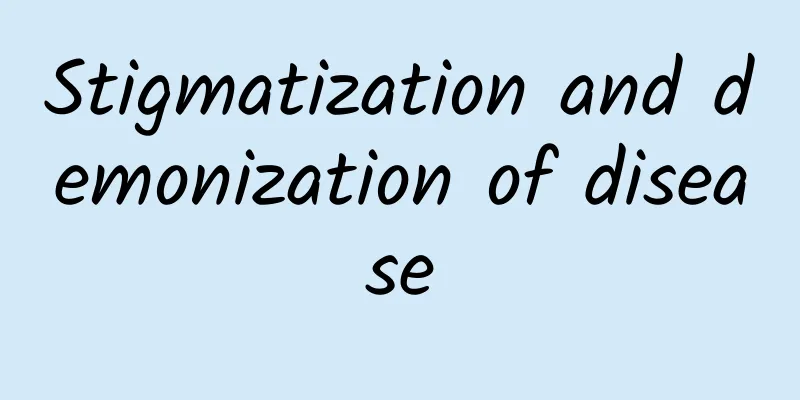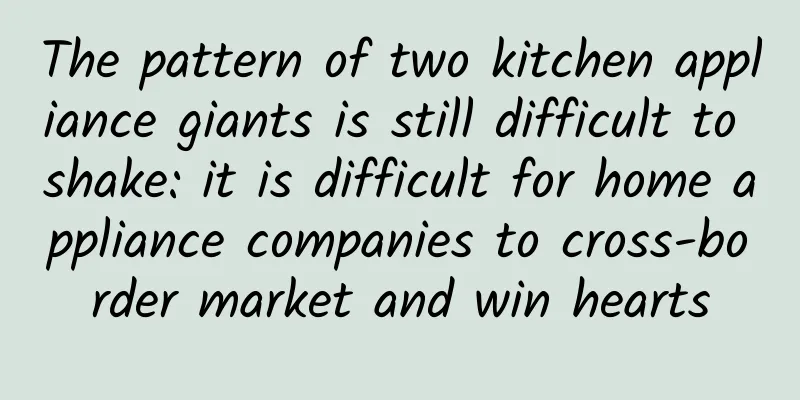Stigmatization and demonization of disease

|
In recent times, the stigmatization of the coronavirus seems to be mainly done by politicians, and their intentions and motives are self-evident. I was a little surprised that the British magazine Nature, which initially made inappropriate remarks, immediately published an editorial calling for an "immediate end to the stigmatization of the coronavirus" and apologized for linking Wuhan and China to the virus and expressed its willingness to take responsibility for it. The article concludes by stating that many leaders want to listen to the scientific advice of experts and act on it to respond to the epidemic and save lives. In terms of wording, our advice is clear: everyone must do everything they can to avoid and reduce stigmatization, not to associate COVID-19 with specific groups of people or specific places, and to emphasize that the virus does not discriminate against us - we are all in danger. With such "understanding", I think it is really "progress" and deserves a thumbs up! This also reminds me of many things related to disease. Using pathogens to stigmatize or demonize diseases is actually a common phenomenon in human society. Sherwin Nuland, a famous American surgeon, once wrote about the experience of an epileptic patient named Leah. This smart and beautiful woman was constantly humiliated and ridiculed from childhood to adulthood, and was repeatedly harmed by ignorant "kind-hearted people". For example, the nuns at school told her: "It's really pitiful to have this disease, and you will become mentally retarded in the future." Under this "hint", Leah really felt that she had become dull and sluggish. Many years later, when she had surgery and fully recovered, she still used the following words when looking back on the "dark years" of the year: "I not only felt that I was different from others, but also felt ashamed of myself. I thought I was very sick and couldn't face people." Looking at our real life, there are too many such examples. I vaguely remember witnessing an epileptic seizure when I was young, and the reactions of the people around me; people's attitudes towards leprosy patients, and the patients' own "attitudes". In the past few years, "hepatitis B discrimination" has occurred in many places in China and lawsuits have been filed. Along with people's misunderstanding, avoidance and even discrimination against patients with a certain disease, there is often embarrassment and guilt for the patients themselves or their families. The most frightening, deadly, and taboo disease in recent decades is AIDS. Before the culprit of AIDS, human immunodeficiency virus (HIV), was actually discovered, there were many speculations. Some people called AIDS a latent mental illness, while others believed that it was an expression of an inherited genetic defect. Because people cannot put aside personal emotions that may interfere with professional judgment, ethics often explores issues such as the guilt and innocence of the treatment subjects. For example, if an AIDS patient is infected by blood transfusion, will the doctor or nurse treat the former differently than if the disease is caused by sexual behavior or drug addiction? Should such different treatments or different attitudes in providing treatment be allowed? Susan Sontag, a famous American scholar who has long been engaged in literary criticism and novel writing, criticized the practice and way of thinking that demonizes diseases based on her personal experience. In 1977, Sontag was diagnosed with cancer. While undergoing chemotherapy as an outpatient in several hospitals in the United States and France, she found that her fellow patients all expressed "an irrational disgust" when looking at cancer, viewing it as "a kind of self-depreciation" and were ashamed of it. She later wrote: "As long as a particular disease is treated as an evil, insurmountable evil rather than simply as an illness, most cancer patients feel morally inferior once they learn of their illness. Not to mention the similar myths about responsibility and character formation that are thrown at cancer: cancer is seen as a disease that affects people who are easily frustrated, unable to express themselves, and repressed, especially those who repress their anger or sexual desire." In Sontag's view, the demonization of disease (the symbolic meanings added to the disease, or the metaphors attached to the disease) inevitably leads to the blame being placed on the patient, regardless of whether the patient is considered a victim of the disease. In a word, what is the "crime" of being sick? Victim means ignorance. And ignorance, according to the ruthless logic that governs all interpersonal vocabulary, means crime. It was the discovery of the stigma suffered by cancer patients that led Sontag to write two famous "little books", "Disease as Metaphor" and "AIDS and Its Metaphors" (the Chinese translation is "Illness Metaphors"). Thinking sociologically about illness helps us see that inappropriate thinking can be enough to make a person feel guilty and look like someone’s fault. At present, the new coronavirus is still spreading everywhere. I think people generally understand that it is not their fault to be infected with the new coronavirus, so there is no need to feel psychologically burdened, and it is not "unfair" to be quarantined. However, knowing that they have been infected, but still moving around in public places as if nothing happened, is unkind and should be condemned. |
<<: To survive in a sea of fire, what tricks do plants have?
Recommend
Essential skills for private domain operators: private domain traffic generation
In the private domain operation capability model,...
Gorgeous skills plus real combat "Stickman Tribe" TV version opens a new chapter in TV games
With the emergence of the new fertile soil of TV ...
62 films directed by Tsui Hark (1979-2018) HD collection Baidu Cloud download
62 films directed by Tsui Hark (1979-2018) HD col...
Useful information | A guide to Weibo Fans Channel placement in the education industry!
The online education industry is booming, and mar...
How can eating a few more bites of such delicious food become an accomplice of disease?
Contributing expert: Li Caihong, Urumqi First Peo...
How to create an invisible competitive "field" in the live broadcast room?
If you are already doing live streaming, you must...
How slippery is a banana peel? To tell you the answer, he "stepped" on a banana peel 60 times
Have you ever slipped on a banana peel? Not only ...
BMW's stake in BMW Brilliance increased to 75%, share adjustment to be completed in 2022
On October 11, the BMW Group announced that it wo...
Case | Tiffany, Starbucks, and Durex use Christmas marketing to their advantage
The holidays are a special time of the year that ...
How to improve homepage conversion rate? This is what Meituan, JD.com, and Ctrip do
While I was working on this article, heavy snow w...
Please answer, is this a peony or a peony?
Pop quiz! What flower does the English word "...
Will artificial intelligence affect the development direction of military technology?
In the spring of 2023, a wave of artificial intel...
Why can't billions of stars illuminate the entire universe?
This ancient problem is known as Olbers' para...
Why is the volume dropping? Five factors that make APP promotion difficult!
Many CP friends who do channel (especially third-p...









